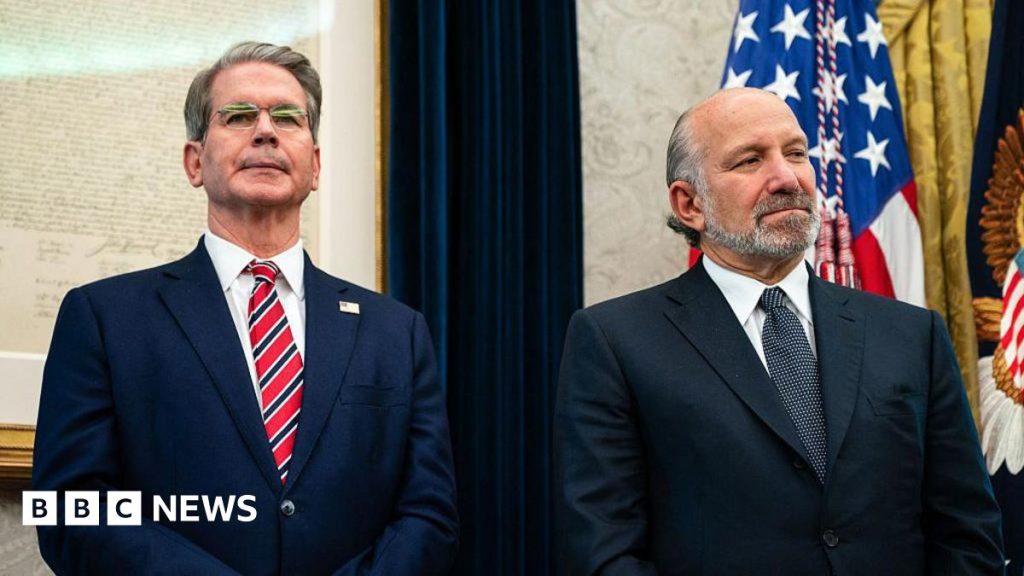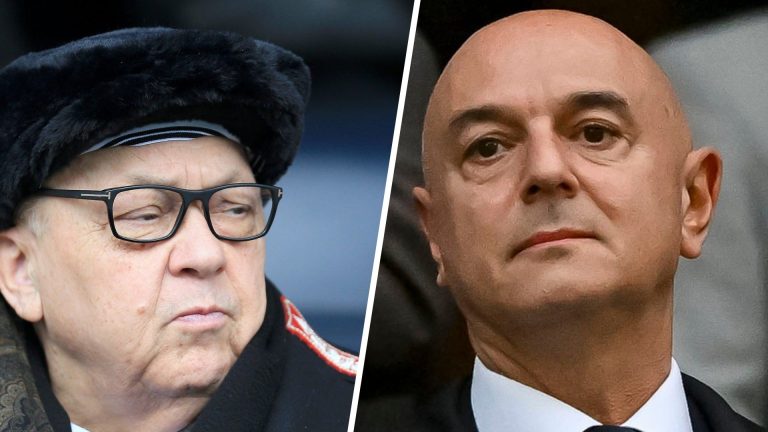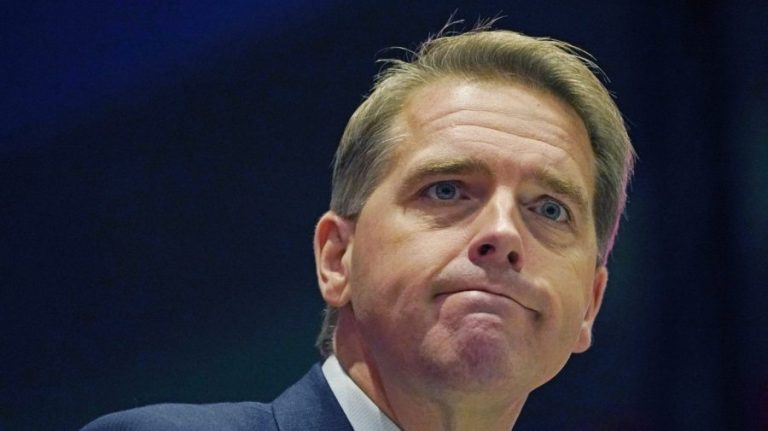
The president’s top trade advisers presented a united front in their appearances on separate US morning television programmes on Sunday.
They remained steadfast on the tariff agenda, which has faced ongoing challenges in the nation’s court system.
“Tariffs are not going away,” Lutnick said in response to the court cases.
He added that the US “could sign lots of deals now” but the Trump administration is working to “make them better”.
“You’re going to see over the next couple of weeks, really, first class deals for the American worker,” he said..
And on the expiration of the 90 day pause, Lutnick said: “I think that’s the deadline, and the President’s just going to determine what rates people have if they can’t get a deal done”.
When the pause expires, in theory it would enact sweeping tariffs on countries across the globe.
Imports from about 60 trading partners that the White House has described as the “worst offenders”, including the European Union, Vietnam, South Africa and more, will face higher rates.
Trump has described these taxes as payback for unfair trade policies.
On Friday, Trump announced the US will double its current tariff rate on steel and aluminium imports from 25% to 50%, beginning on Wednesday.
Like with most of the announced tariffs, Trump said the move would help boost local steel industry, while reducing US reliance on China.
US steel manufacturing has decreased in recent years and countries like China, India and Japan have become the world’s biggest producers.
The steel tariffs come as many hold their breath waiting for further announcements. from the Trump administration.
Trump’s tariff policies have upended global trade and cracks have formed – or widened – among relationships between the US and other countries, including some of its closest partners.




